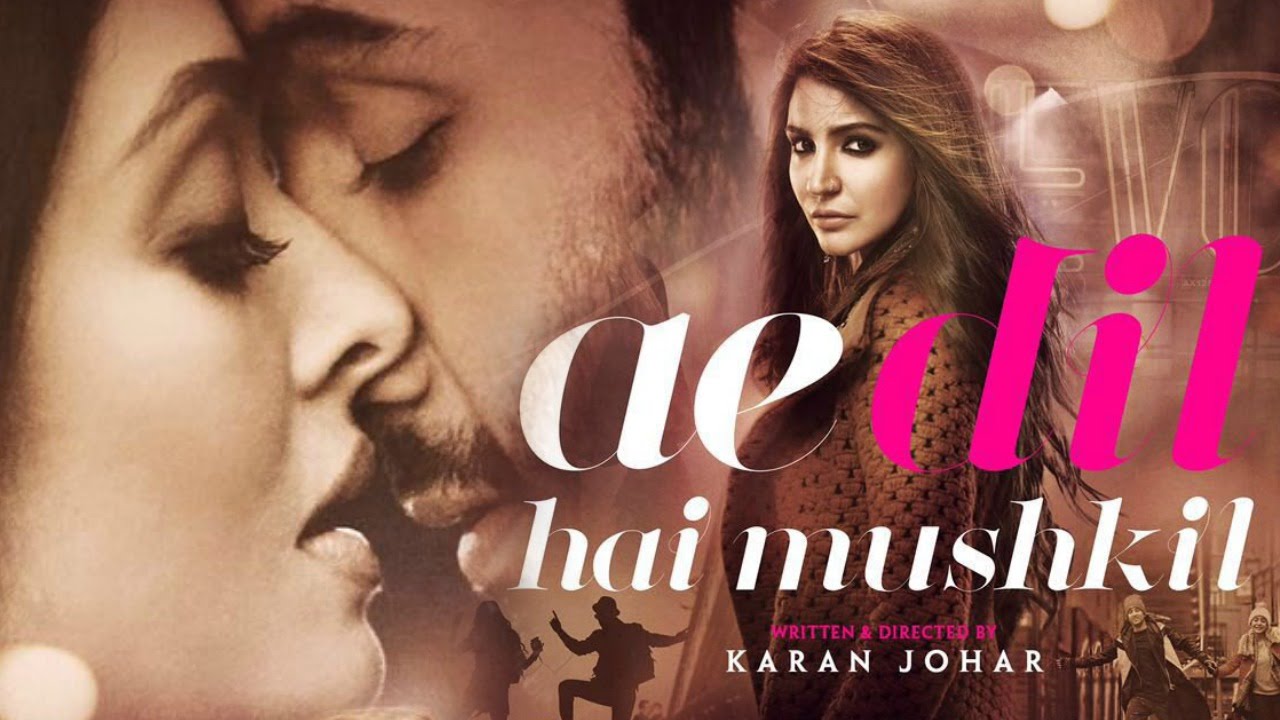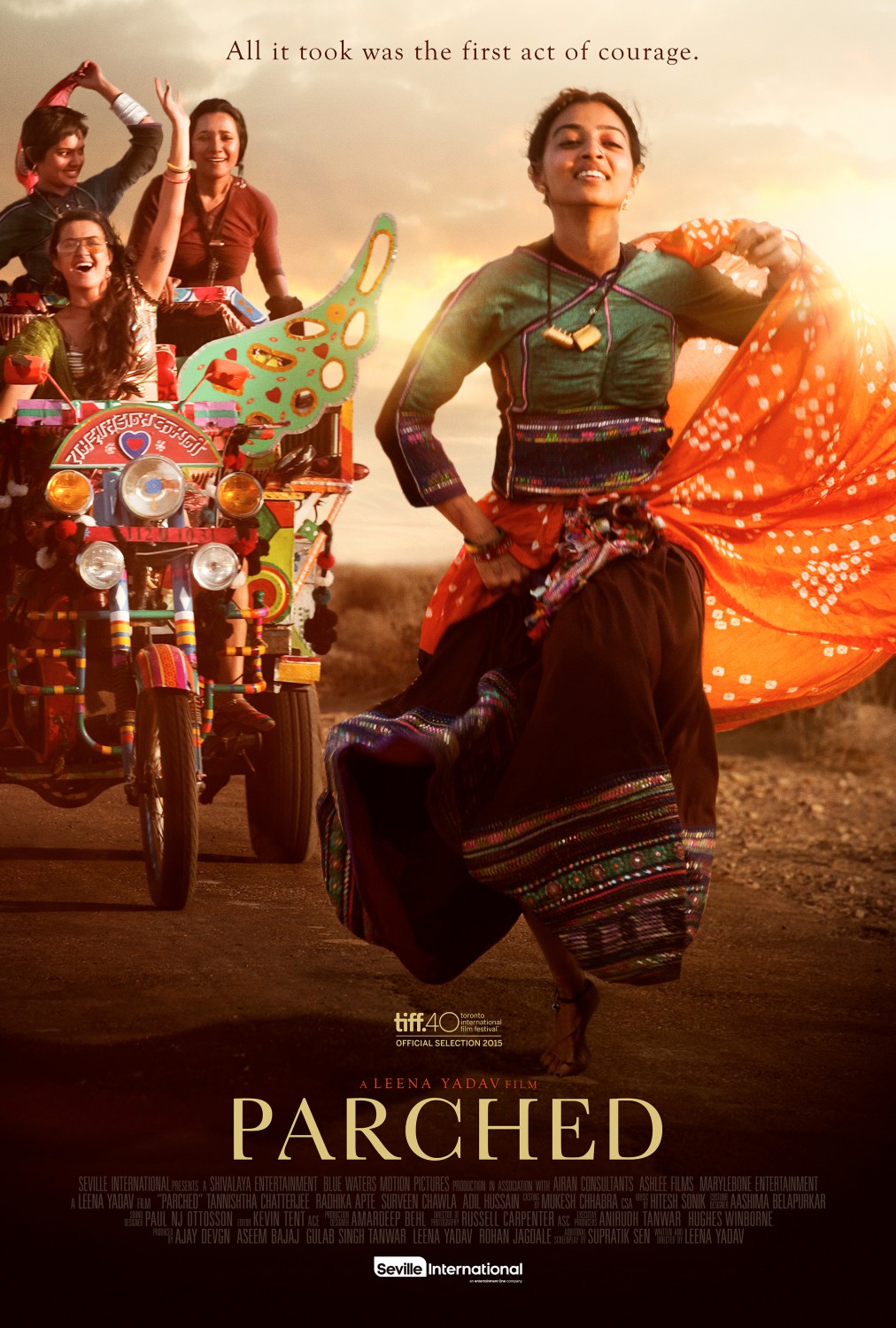
Directed By: Sandeep Reddy Vanga
Screenplay By: Sandeep Reddy Vanga; Pranay Reddy Vanga; Saurabh Gupta
Cast: Ranbir Kapoor; Anil Kapoor; Rashmika Mandanna; Bobby Deol; Charu Shankar; Tripti Dimri; Babloo Prithiveeraj; Shakti Kapoor; Prem Chopra; Suresh Oberoi; Siddhant Karnick; Saurabh Sachdeva; Vivek Sharma; Saloni Batra
Language: Hindi
Genre: Action-Drama
Run Time: 3 hours and 21 minutes
Sandeep Reddy Vanga’s Animal promises to be a violent, sexist blood fest but is actually a family drama centred around miscommunication.
Rannvijay (Ranbir Kapoor) aches for his father Balbir (Anil Kapoor)’s approval to a point where he leaves good sense and family etiquette behind, acting on impulse rather than logic. This, time and again, puts him at variance with his father. Rannvijay, however, views himself as the protector of the family and if anything, his purpose revolves around validation.
He marries Gitanjali (Rashmika Mandanna), a young woman from a middle-class Telugu family. He then cuts ties with his family till he hears that his father was a victim of a failed assassination. This is when we see his transformation into his alpha male fantasy. He uses his intelligence and cunning to smoke out the culprits and the whole thing leads to an extraordinary blood pumping showdown which wraps up the first act.
When the second act opens, we are told that there are greater things afoot and that he must continue with his special brand of revenge. The story one-dimensionally borrows from The Mahabharata to pad up the plot, while simultaneously slowing down the pace and revealing the gaps.
Ranbir Kapoor stands out, as he does in every role he chooses to essay. If anything, it is his energy and verve that helps you gloss over the wafer-thin plot. If the film intended to prove that Balbir was an over-demanding father who pushes his son to unseemly heights or maybe descents, for his approval – then they should have drawn from Devdas. Devdas underscores the trauma by the father in very few sequences and gives us the reason for Devdas’ indecisiveness. Or, if the plan was to show that Rannvijay is delusional and unhinged, the plot could have veered closer to Vaastav. But if the end result was to show the utter pointlessness of each decision, then a dark comedy would have at least made sense.
Nevertheless, some of the controversies surrounding the film should be addressed. It has been called horribly sexist. But is it? It is the garden variety sexism – ‘you need to listen to me because I am a man’ but not necessarily violent. It is dismissive of the woman’s choice but they speak up, often and loudly. Of course, this comparison is based on Vanga’s previous outings – Arjun Reddy and Kabir Singh.
While Arjun Reddy is the poster child for a bad male role model because of his over-emotional and unhinged behaviour. Rannvijay, however, when not acting on his delusional impulses or getting angry with people when they poke holes in his paranoid reality, is actually nice. It is in fact through Rashmika’s portrayal of Gitanjali that Rannvijay is actually redeemed, since she holds her own as an actor and a character within the narrative.
Much of the other ‘sexist’ conversations feel like you walked into a boy’s locker room and heard them discussing underwear, penis sizes, how often you do it or how a man must look commanding to keep his woman under control. They weren’t infuriating but actually tedious. They weren’t meant as asides that built on the realism of the narrative, the kind that you find in a Scorsese film. But rather one realises that these pointless conversations were being used as fillers to plug the holes in an otherwise weak plot.
Similarly, the grand entries and exits of the other actors such as Bobby Deol were used to puff up the plot. All the other actors were really good too in their two-bit roles if a little wasted as they were reduced to satellites orbiting Rannvijay.
The film’s BGM is gold. The songs too pack an emotional punch. The direction and editing are equally good even though it falters in the second half becoming tediously long.
Animal is to have a sequel, Animal Park which currently seems to pay homage to John Woo’s Face/Off and hopefully his brand of ‘gun-ballet’. That film eventually became cult so maybe fingers can be crossed. But to be very honest, Animal’s trailer (which is brilliantly made) gives it more complexity than it possesses.

 Directed By: Karan Johar
Directed By: Karan Johar





